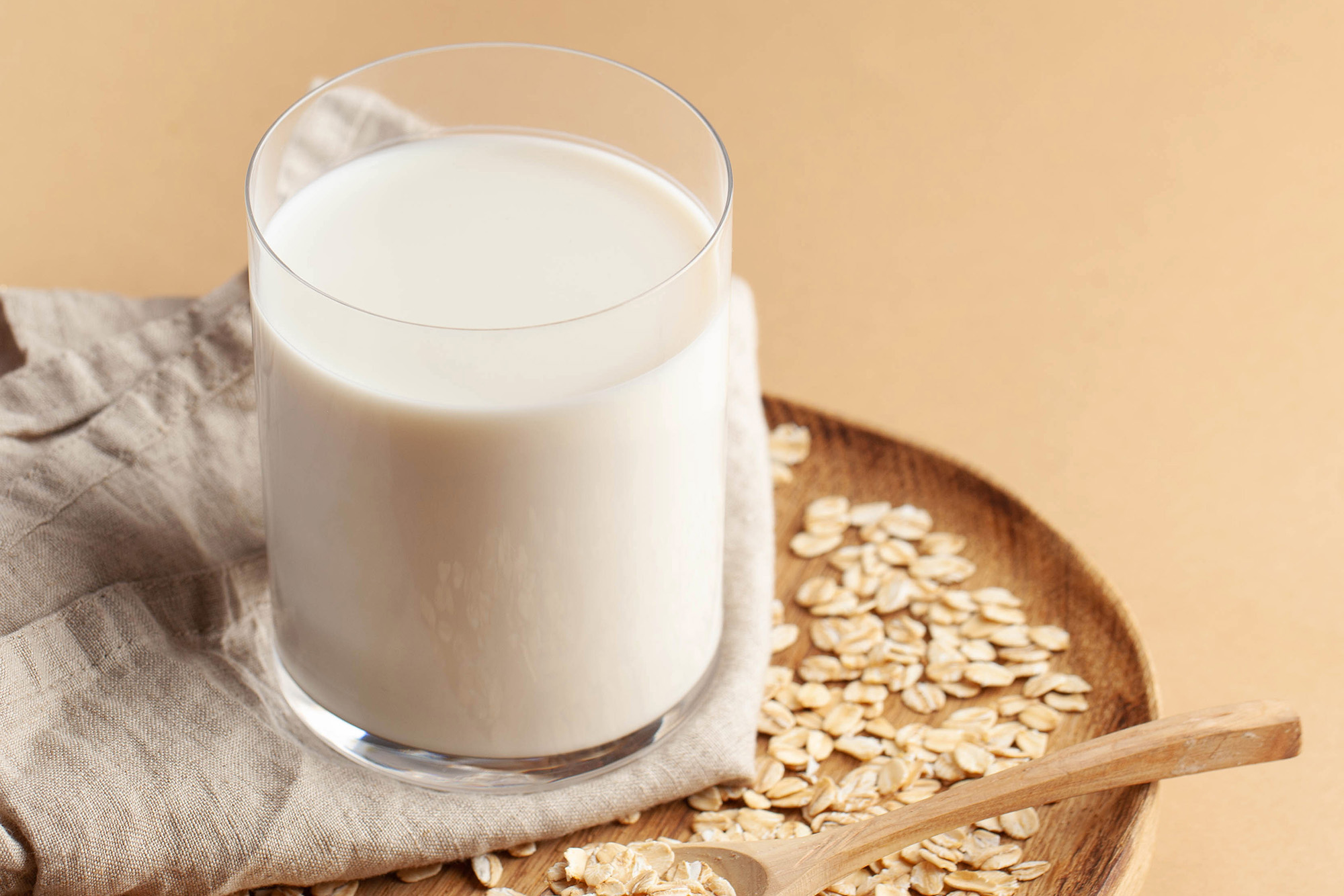

Amano Enzyme tackles plant milk curdling with label-friendly solution
Amano Enzyme USA is offering plant-based milk manufacturers a practical fix to a familiar frustration: curdling in acidic drinks like coffee and tea. The Illinois-based enzyme specialist has spotlighted its Protein Glutaminase 'Amano' 500 (PG500) as a solution to improve protein solubility in low pH environments, helping dairy-free milks stay smooth and stable.
With demand for plant-based milks continuing to rise, texture and consistency remain top priorities for producers. Almond, soy, pea, oat and rice-based beverages can be prone to separation and curdling, especially when mixed with acidic liquids. PG500, a protein deaminase enzyme derived from natural sources, is designed to address that issue directly.
Plant-based milks from sources like almond, pea, soy or oat can be susceptible to separation in low pH solutions, the company explained in a statement. Eliminating curdling and keeping the product smooth in acidic beverages like coffee is important for a positive consumer experience.
According to Amano Enzyme, PG500 improves solubility of plant proteins at lower pH levels, allowing manufacturers to develop high-protein beverages that remain creamy even in more acidic applications. That includes not just ready-to-drink options but also barista-style uses, where stable foam and froth are essential for drinks like lattes and cappuccinos.
The technology is already backed by more than 60 patents and has been featured in 10 peer-reviewed journals. It’s supported by a technical team with over two decades of experience in this area.
“Our enzyme solution provides manufacturers an effective way to ensure plant-based milks remain creamy and smooth,” commented Liangji Xu, R&D Manager at Amano Enzyme USA. “Our team of experts understand the challenges that plant-based milk manufacturers face in supplying high-quality products and we are here to help them deliver a smooth and enjoyable experience for consumers.”
PG500 joins a broader toolkit that Amano Enzyme is offering to producers of plant-based milks. Among these are Veramax G2 and Kleistase, enzymes that help manufacturers manage sweetness levels and sugar profiles in their beverages. Both are intended to meet regional taste preferences without the need for artificial additives or excessive sugar content.
To support lower-sugar formulations, the company also points to Veramax G3, which enables a reduction in overall sugar without sacrificing mouthfeel. Unlike traditional dilution methods that can leave products watery, Veramax G3 breaks down starches into maltotriose – a type of carbohydrate with mild sweetness that doesn’t have to be labeled as added sugar.
Historically, reducing sugar content in plant-based milks has meant compromising on texture or flavor. Amano claims that with Veramax G3, producers can maintain product quality while better aligning with consumer demand for lower sugar options.
In addition to texture and taste benefits, the company highlights that its enzyme portfolio includes organic and non-GMO compliant solutions. This aligns with wider trends among plant-based consumers, many of whom are looking for clean-label products that don’t compromise on performance.
The announcement reflects a broader push among ingredient developers to help plant-based brands overcome the functional hurdles that can still plague non-dairy formulations. From separation in coffee to inconsistent sweetness, these challenges affect both taste and customer satisfaction.
But as Xu noted, there are solutions – and Amano wants to be at the center of them. “We are here to help them deliver a smooth and enjoyable experience for consumers,” he said.
If you have any questions or would like to get in touch with us, please email info@futureofproteinproduction.com






